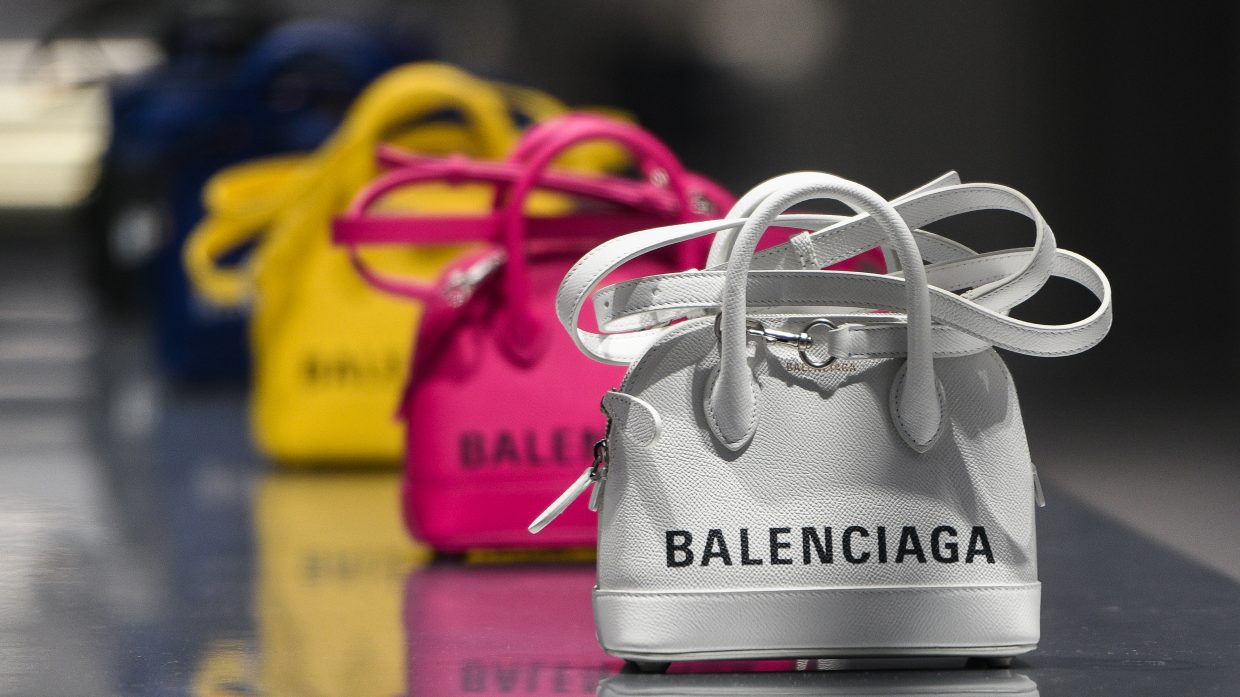Tmall Continues to Acquire Luxury Partners

The acquisition of two more fashion houses by Tmall intensified the battle for e-commerce luxury dominance in China. Balenciaga joined the platform late last week, while Chloé confirmed on a WeChat Moments post that it launched today on Tmall. More interestingly, it appears that behind the scenes, Tmall has further developed its relationship with each brand’s parent company, Kering and Richemont respectively.
The Alibaba Group, which owns Tmall, has certainly consolidated its trustworthiness in recent months and Richemont Group, for one, reported its confidence in Alibaba’s “New Retail” following the start of the COVID-19 pandemic. And recently, by expanding into the outlet business via its Luxury Soho platform, Tmall aims to secure brand loyalty to the company.
Now, as China’s vast consumer base emerges from lockdown and gears up for the 5.20 and 6.18 shopping festivals — not to mention Alibaba’s wildly popular 11.11, or Singles’ Day, shopping event in November — many global luxury brands’ post-pandemic strategy is now focused on these important shopping events. Moreover, Tmall’s biggest rival, JD.com, has been on the acquisition hunt as well, recently securing the shoe brand, By Far, which sold out their latest collection in hours on the site, and the contemporary women’s fashion brand Proenza Schouler. Even so, it’s clear that for many Western brands opting to target Chinese consumers at home, Tmall’s ecosystem continues to dominate its competitors, and looks to only increase its lead as China’s reopening continues to gain momentum.
The Jing Take reports on a leading piece of news while presenting our editorial team’s analysis of its key implications for the luxury industry. In this recurring column, we analyze everything from product drops and mergers to heated debates that sprout up on Chinese social media.